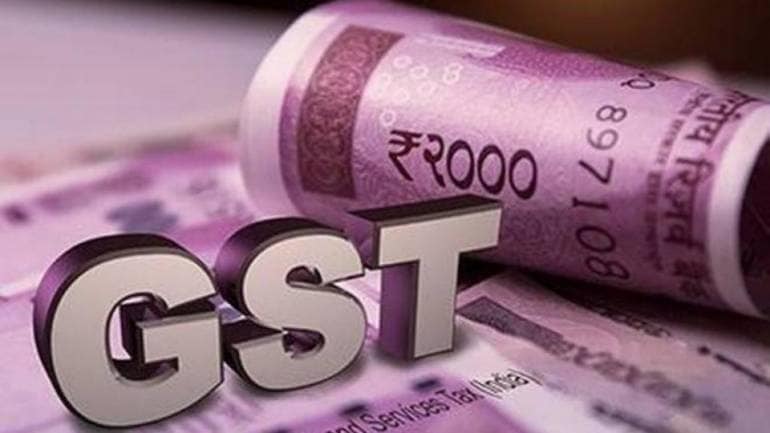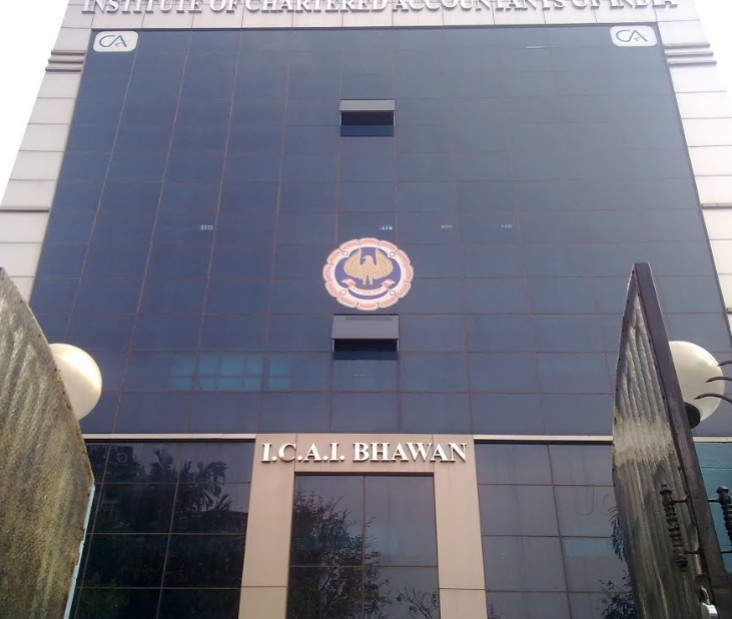The AAR, Karnataka in its recent ruling in the case of M/S. Hyundai Rotem Company has held that the supplies made by all the Cost Centers of Delhi Metro Rail Corporation (DMRC) are not to be considered as a ‘composite supply’ and intention of parties to the contract is of paramount importance in determining whether a supply is a composite supply or not.
Facts of the Case:
The applicant M/s. Hyundai Rotem Company is a foreign company incorporated in South Korea and is engaged in the manufacture, supply, testing, commissioning, and training in respect of rolling stock. The Applicant was a successful bidder to the tender invited by DMRC for design, manufacture, supply, testing, commissioning, and training. The Applicant entered into a contract with DMRC for the execution of the contract awarded.
The supply by the Applicant to the DMRC is an inter-state supply of the goods and services and is liable for the tax under the IGST Act,2017. Supply made by the Applicant under the contract is a ‘composite supply’ as defined under Section 2(30) of the CGST Act,2017 with the principal supply being the supply of rolling stock. The rate of tax on these supplies is at present levied based on the nature of the respective transaction for which the invoice is issued. The Applicant furnished the present status and treatment of different supplies under the cost centers. The DMRC has disputed the nature of the supply stating that instant supply is a composite supply and GST rate applicable should be that applicable on rolling stock and had requested the Applicant to issue revised invoices. However, the Applicant has borne the cost of differential GST on its own and paid the said tax to the Government on time.
Thus, the Applicant has filed an instant advance ruling application arguing that supplies made to various cost centres should be treated distinctly as also understood from intention of parties to the contract.
Order of AAR: Deliberation and Ruling
AAR referred to the AAAR Ruling in the case M/s BEML whose key observations in regard to composite supplies were as under:
- For a supply to be considered as a composite supply its constituent supplies should be so integrated with each other that one cannot be supplied in the ordinary course of business without or independent of another.
- In this case, although there is one contract the scope of work under each cost Centre is clearly specified and identifiable and is not associated with any other cost Centre.
- The concept of naturally bundled as used in Section 30(2) of the CGST Act lays emphasis on the fact that the different elements in a composite supply are integral to the overall supply and if one of the elements is removed the nature of supply will be affected. In the instant case supplies in a company for responding cost centres are not naturally bundled.
- The form of the agreement is not important but its nature / substance has to be seen to arrive at the correct conclusions. The clear-cut demarcation of activities to each cost Centre demonstrates the intention of the contracting parties that each cost Centre is independent supply Centre undertaking either of the supply of goods or supply of services
AAR held that clear-cut demarcation of activities to each cost center demonstrates the intention of the contracting parties that each cost center is an independent supply center undertaking either the supply of goods or the supply of services and held that the supplies made by all the Cost Centers contract with DMRC are not to be considered as ‘composite supply.
Further AAR directed that the supplies made by all the Cost Centres of DMRC are not to be considered as ‘composite supply’, and hence the instant question is redundant.
Relevant Provisions:
Section 2(30) of the CGST Act (Definition of Composite Supply)
2. (30) “composite supply” means a supply made by a taxable person to a recipient consisting of two or more taxable supplies of goods or services or both, or any combination thereof, which are naturally bundled and supplied in conjunction with each other in the ordinary course of business, one of which is a principal supply.”
READ / DOWNLOAD ORDER:
*****
Don’t miss the next Tax Update / Article / Judicial pronouncement
Subscribe to our newsletter for FREE to stay updated on GST Law
Resolve your GST queries from national level experts on GST free of cost
Frah Saeed is a law graduate specializing in the core field of indirect taxes and is the Co-founder of taxwallah.com. She has authored many publications on GST and is into full-time consultancy on GST to big corporates. She as a part of taxwallah.com heads a team comprising of Chartered Accountants and Advocates and plays a key role in our mission to disseminate GST knowledge to all.




